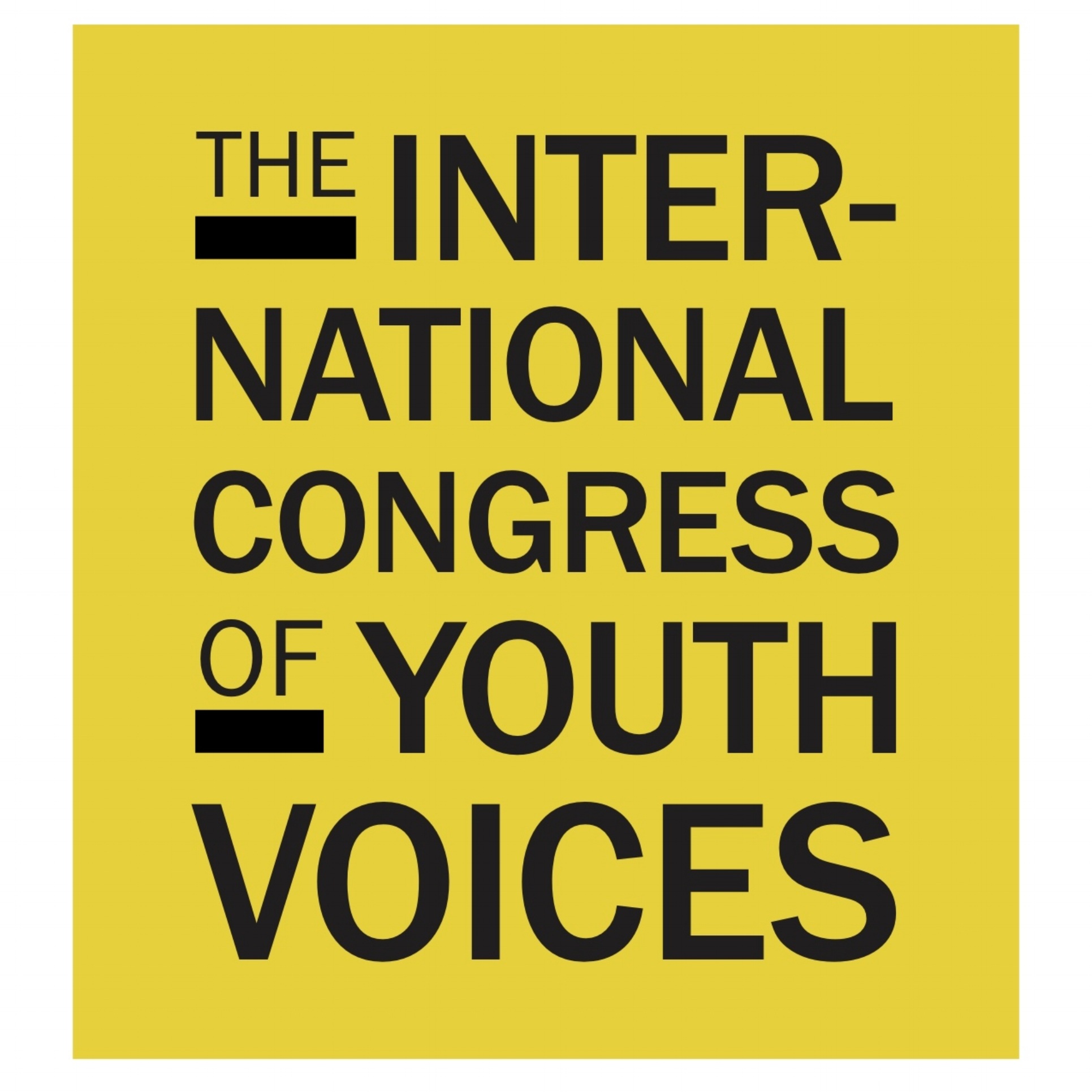IBRAHIM DAHIR, 19
Ibrahim Dahir is of Somalian descent but was born in Yemen. He grew up in the suburbs of Maine before moving to Boston, Massachusetts, at the age of 12. Dahir is an avid reader and writer, often focusing his written works on current issues in America and around the world. Dahir primarily writes poetry but has dabbled in short stories and long form essays. In 2018, he and a team won first place at the annual Louder Than A Bomb festival, a statewide poetry competition for youth.
The degradation of the public discourse in the U.S. is an issue that weighs on Dahir. He says that we are all witnessing the deterioration of accountability. People are increasingly quick to undermine the struggles of others. With a lack of respect and understanding for the narratives of others, conversation is impossible. Dahir says we are in an era in which people feel it's okay to voice ignorant and divisive thoughts; such rhetoric puts everyone into a state of aggravation, which makes compromise and discussion that much harder. Dahir thinks that as a nation we need to reevaluate the direction in which we are headed, and return to a space where accountability and empathy are valued and demanded (particularly by those in public office).
Since graduating from high school, Dahir is taking a gap year to spend time in Somalia. He is a rising freshman at Brandeis University where he plans on majoring in Chemistry and minoring in African and Afro-American studies.
Black Ghost
By Ibrahim Dahir
I have a black ghost living in my head.
He pays the rent in something way more precious than money, he pays by telling me his story.
He pours out endless anecdotes of growing up in Baltimore, or was it Ferguson, I don't really remember.
He talks of Reebok rebounding on cracked black asphalt.
He tells me of how his mother's lullabies were intertwined with the sound of gunfire in the distance.
He speaks of a night when those sounds became so much closer, so much louder
The night the white cops broke down his door on a “drug bust.”
Of how their bullets kissed his father’s body, tearing apart flesh and snapping bones.
How they were so persuasive, provocative, and predatory.
He recalls the sparks of injustice that flew from the tips of the revolvers. The stench of dead bodies, blood soaked blankets but most of all he remembers the sound of gunshots.
When I tell my dad this, he tells me of a similar ghost.
Another black ghost.
A ghost that meandered the hallways and ballrooms of his grandmother’s mind.
A ghost that paid the rent with bedtime stories.
This ghost told my great-grandmother tales of its country.
It told her of how it danced in the village square to the sound of African drums. Drums so loud that at times it swears they were louder than thunder, but never louder than the gunshots on the day the slave traders came.
Rounds that rocketed out of the ends of rifles held by white men.
Bullets that kissed its father’s body, tearing apart flesh and snapping bones.
So persuasive, provocative, but predatory.
It recalls how the flames took its position, dancing in the village square to the sound of gunshots.
I wonder, did it ever got to the point where when my great-grandmother looked in the mirror and she no longer saw herself but a shadowy black ghost in her place?
But no... that’s impossible.
How could she have had such a similar creature as mine, wandering through her mind, so many decades ago?
It’s because nothing has changed.
Black oppression becomes hereditary.
See, gunshots continue to cripple black children who dance.
Gunfire still silences the songs of black mothers.
Bullets still kiss the bodies of black fathers.
Bullets that tear flesh, snap bones, and set our neighborhoods ablaze.
Those bullets continue to leave black holes, in black families, from black neighborhoods and it seems the shooters will never run out of shells.
After a while one too many wounds won't be able to scar.
One too many scratches becomes a fatal wound.
Every round is nameless until it hits its mark.
Yesterday he was a slave owner, but time has run its fingers over the jagged edges of the white man and today he has become a police officer.
What new ways will he find to make more black ghosts?

